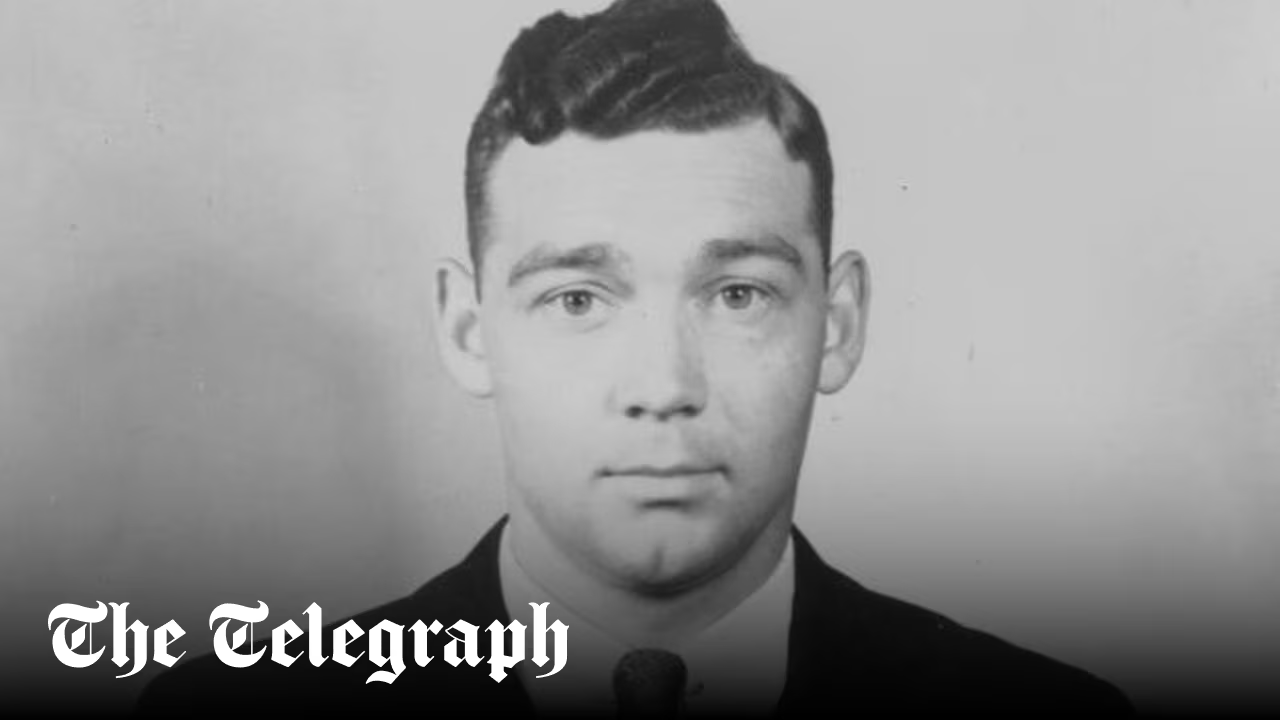The tragedy of Nuremberg’s ‘Nazi whisperer’ Douglas Kelley

Kelley’s assessments found that Göring was an aggressive narcissist with a “complete lack of moral value”. Yet his most disturbing conclusion about the Nazis was not that they bore some unique psychological flaw but that they were largely the same as anyone else.
“That’s what alarmed Kelley the most,” says El-Hai. “The Nazis weren’t mentally ill, or monsters; they were normal, and that meant, by extension, there were other people like them in every country and every era of history.”
Alarming as it might be, it was not a message the US public wanted to hear. Kelley’s own book on his trial work, 22 Cells in Nuremberg: A Psychiatrist Examines the Nazi Criminals, sold badly when it was released in 1947. He continued to promote his ideas nonetheless, worried that rising racial tensions over African-American civil rights might propel Nazis to power in the US. But telling his fellow Americans that they harboured “incipient fascism” went down even worse. “He feared he was under suspicion as a closet Communist,” El-Hai says.
After the trials
Post-Nuremberg, Kelley forged a new career in applied criminal psychology, advising police forces and even Hollywood. He was a consultant on the film Rebel Without a Cause, which starred James Dean as a juvenile delinquent.
His constant probing of humanity’s darker side, though, dispirited him further. Too many Americans, he believed, were emotionally immature. Permissive parenting was making things worse. As El-Hai notes in his book: “Kelley found a lot wrong with the human condition.”
He took it out on his family, drinking heavily, rowing with his wife and beating his children. He might well have benefited from therapy himself, but refused to consider it because any local shrink would likely have been a professional colleague.
Then, on New Year’s Day 1958, Kelley had a blazing row with his wife after burning his hand on a kitchen pan. He stormed upstairs to his study and reappeared with a crystalline compound in his hand.
“I don’t have to take this anymore,” he yelled at his family. “I’m going to take this potassium cyanide and I’ll die in 30 seconds.” He duly did so, the poison convulsing his body just as it had Göring’s.





